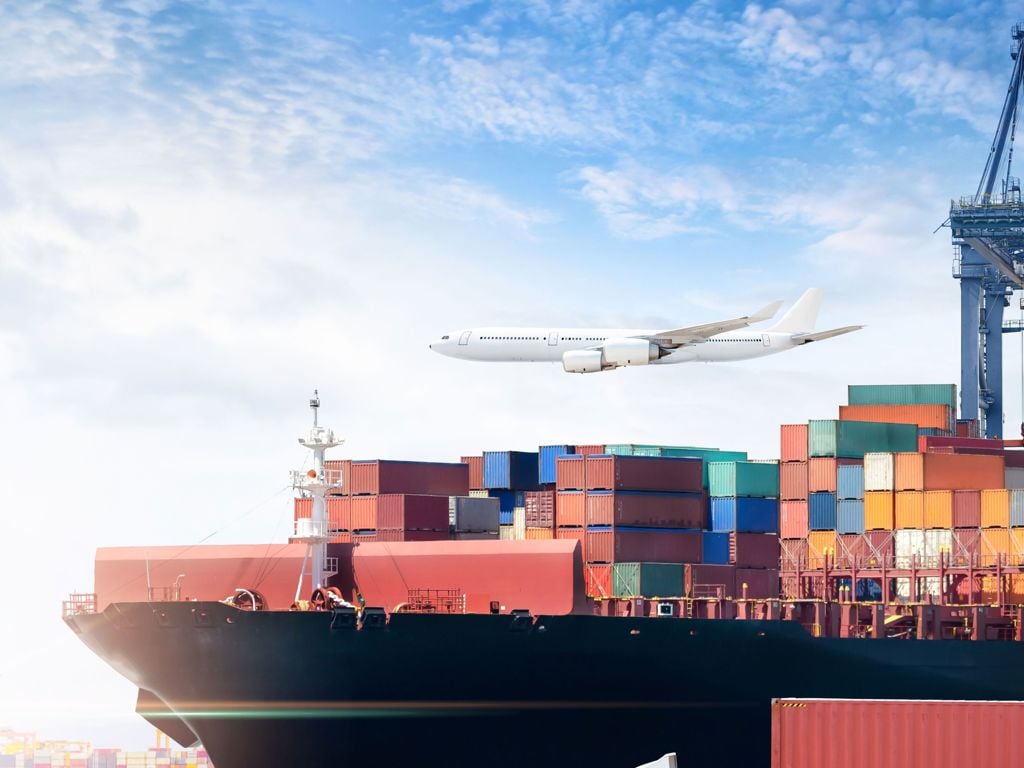Articles
Gain fresh perspectives and actionable strategies to drive your business forward. Our articles offer expert insights into emerging trends, industry challenges, and the groundbreaking innovations impacting the industry. As leaders in the pharmaceutical supply chain, we understand the complexities you face. We are committed to sharing knowledge that drives innovation, enhances efficiency, and ensures success.
-

Logistics Solutions for Patent Cliff Challenges
Pharmaceutical patents serve as critical safeguards, protecting the significant investments required for drug development. They offer manufacturers the exclusive right to market their products, recover costs, and fund future innovations. However, when these patents expire, companies face the challenge of a “patent cliff,” where profitability can plummet as generic alternatives enter the market.
Learn more -

Cold chain logistics: 3 myths emerging biopharma must overcome
For emerging biopharma, managing cold chain logistics can feel like navigating a maze. With complex regulatory requirements, strict temperature controls and high stakes for product integrity, the logistics of getting temperature-sensitive therapies to market can seem daunting.
Learn more -

The four forces shaping the pharma cold chain
The pharmaceutical world is evolving rapidly, from the rise of advanced treatments like personalised medicines to the push for sustainability. These changes place growing demands on cold chain logistics to keep medicines safe, effective, and delivered on time.
Learn more -

From Lab to Patient - How to Ensure a Successful NPI Launch
Launching a new pharmaceutical product, known as a New Product Introduction (NPI), is filled with complexities and risks. The pharmaceutical industry faces unprecedented challenges, including strict regulatory demands, unpredictable approval timelines, and heightened market competition.
Learn more
But a successful NPI launch is not just about meeting business objectives; it’s about advancing therapies and offering new life-saving medications to patients who need them. -

Milestones that set the stage for 2025
2024 was a year of challenge, change, and progress. Demand for advanced therapies has grown, sustainability expectations have risen, and supply chains have adapted to increasingly complex demands. At the heart of it all, cold chain logistics has been crucial in ensuring that temperature-sensitive medicines reach patients safely and reliably.
Learn more -

Mpox outbreak: How cold chain logistics are crucial in the global response
The world is witnessing the rapid spread of a dangerous strain of mpox, known as Clade 1, across two continents. This spread has highlighted the critical need for effective vaccine distribution, especially to some of the most challenging locations. Cold chain logistics is a vital component in getting vaccines to those most in need quickly, efficiently and in optimal condition.
Learn more -

Logipharma 2024 Insights: Building Resilient Pharmaceutical Supply Chains
Centred around the urgent need for supply chain resilience, particularly in the context of current global geopolitical tensions, we wanted to highlight some of our key takeaways from the presentations and panel discussions at Logipharma 2024 about how to ensure uninterrupted access to life-saving medicines and vaccines globally.
Learn more -

Clinical Trial Transformation: Recent Changes and Future Predictions
Clinical trials play a pivotal role in advancing medical research, improving patient care, and are an essential part of new drug development. In recent years, clinical trials have undergone significant changes driven by technological advancements, regulatory shifts, and a growing emphasis on patient-centricity.
Learn more -

Pharmaceutical shipments amid Red Sea tensions
The shipping industry has faced huge challenges over the past five years, from a pandemic to severe international conflicts, each demanding innovative solutions.
Learn more
Since November last year, the industry’s resilience has been tested again, this time by continuous Houthi attacks in the Red Sea. These assaults and resulting disruptions pose severe challenges, not just to the ships and their cargo. They threaten the timely delivery of life-saving pharmaceuticals worldwide. -

2024 predictions for the pharma cold-chain evolution
The global pharmaceutical logistics sector is at the heart of a health revolution. As diseases evolve and the demand for treatments rises, this industry, valued at $80 billion in 2023, is set to skyrocket to over $185 billion by 2032[1] . This growth mirrors the surge in pharmaceutical innovation, spanning from everyday vitamins to groundbreaking therapies.
Learn more